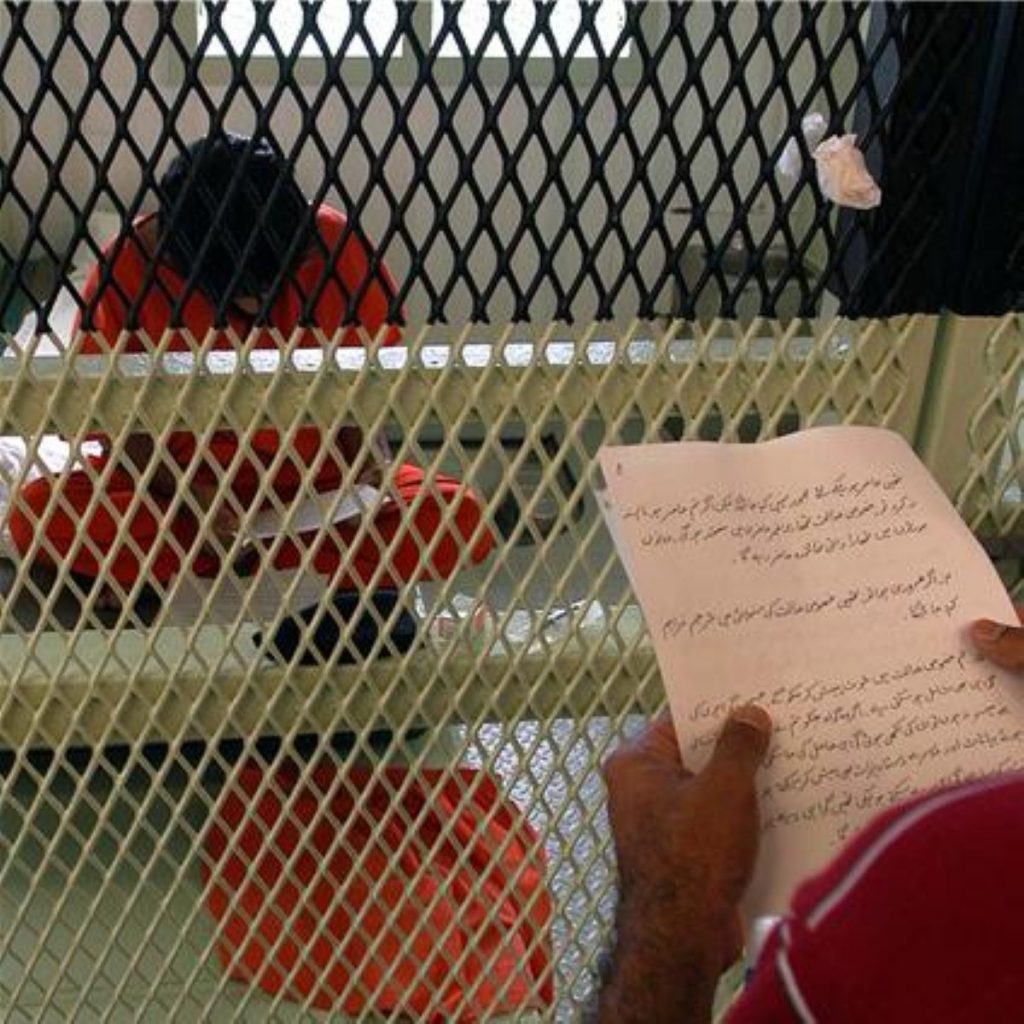Miliband downplays intelligence ‘threat’
By Alex Stevenson
David Miliband has insisted the United States’ request to prevent the release of evidence relating to a Guantanamo Bay detainee was reasonable.
In a statement to the Commons this lunchtime the foreign secretary revealed the US government told London that disclosure of the documents, allegedly relating to complicity of UK security forces in the torture of Binyam Mohamed, would have threatened US national security.
“What the United States said, and it appears in the open documents of this case, is that the disclosure of these documents by order of our courts would be ‘likely to result in serious damage to US national security and could harm existing intelligence information-sharing between our two governments’,” Mr Miliband told MPs.


It follows the claim of two high court judges yesterday that the government was prevented from disclosing evidence of Mr Mohamed’s torture after the US threatened to withdraw intelligence cooperation.
As shadow foreign secretary William Hague pointed out in his response to the statement, it would “weigh very heavy with all of us” that the judges considered the redacted paragraphs contained material of “very considerable public interest”.
And Liberal Democrat foreign affairs spokesman Ed Davey added to this argument by saying Mr Miliband had “stood in the way of allowing justice to take its course”.
The foreign secretary denied this. He insisted the case was not prejudiced by the withheld evidence because the defence lawyers acting for Mr Mohamed had had access to all 42 of the relevant documents.
The intelligence in question was the “property” of the US and it was therefore up to them whether or not it should be made public, he added.
Mr Miliband sought to deflect criticism that Britain is subservient to the US in its ‘special relationship’ by arguing the same would be true if it were the other way round.
“We share intelligence with a large number of countries,” he explained.
“We do so to protect British citizens. And we do so on the basis that the material will not be put into the public domain against our wishes.
“To state the obvious, were our own classified information to be disclosed in such a way, it could compromise our work, our sources and our security.”
Mr Mohamed, an Ethiopian national with British residency, has been at Guantanamo for the last five years.
Home secretary Jacqui Smith referred his case to the attorney general on October 23rd after allegations of torture emerged.
The government has implicitly denied this, with the “question of possible criminal wrongdoing” now being considered by the attorney general. Mr Miliband repeated its commitment that “we never condone, authorise or cooperate in torture”.












